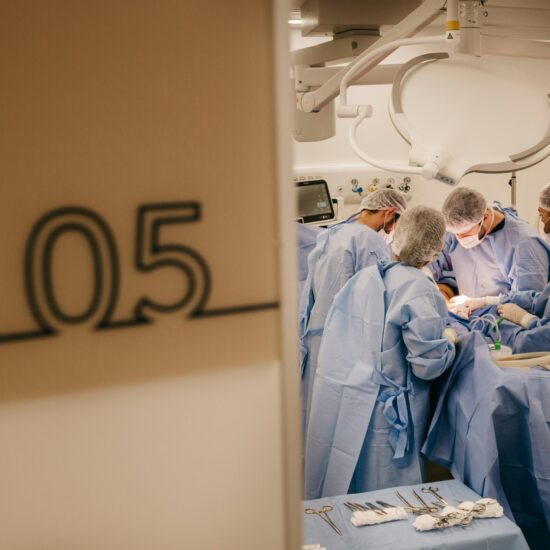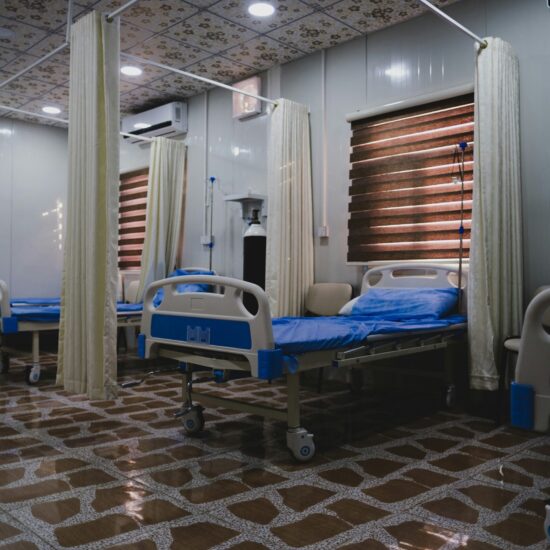Tucked inside the pediatric clinic at Nassau University Medical Center (NUMC) in East Meadow, NY, is the help desk of Health Leads, a new program staffed by enthusiastic and committed students from Hofstra University.
These young advocates fill “prescriptions” for food, utilities, transportation, and other services for local families in need.
The program addresses non-medical needs of families that may affect their health and wellness, such as living environments, access to nutritious food, or child care. Clinicians learn about these needs through questionnaires that patients fill out at each visit. They then “prescribe” items like food, or electricity to run home health equipment just as they would prescribe an inhaler for asthma or antibiotic for an infection.
This is a first-of -its-kind program in Nassau County and could serve as a care model for other large suburban locales.
With support from a professional case manager, trained students connect families with appropriate resources and help them with applications, navigate red tape, and ensure needs are actually met. The students essentially act as case workers, helping families determine what services they are eligible for and how to traverse the often-confusing process of applying for aid or special programs.
“What’s unique about us is that we persist until the connection has been made,” said Carmita Padilla, Executive Director of Health Leads New York. “It’s not just that we refer someone or tell them about available services, but we actually work with them to make that connection.” Follow up by the student advocates is required within 10 days, and advocates keep on top of cases until there are real results.
The NUMC program currently focuses on the pediatric clinic’s special needs children and their families, but will soon expand to reach more pediatric patients and families. It is currently the only program that specifically addresses non-medical issues affecting the health of families with special-needs children, according to a Health Leads press release.
Help with food, health insurance, adult education such as GED classes, finding appropriate after school programs, and affordable school lunches are the most pressing concerns right now, Ms. Padilla said.
The Hofstra students are volunteers from the university’s Center for Civic Engagement. They’re pre-med, social work, policy, public health, and other socially-engaged undergraduates. Students work two shifts each week, and participate in weekly “reflection sessions,” where they discuss the broader issues of health, policy and poverty.
These young people have already learned much about the satisfaction that comes with helping others.
Hear more from Ms. Padilla on how Health Leads helps clinicians address the needs of the whole patient and family.
Programs like Health Leads help to lower healthcare costs by keeping patients out of emergency rooms and avoid unnecessary care. When families obtain needed social support, they gain stability – remaining part of the workforce and part of their community.
Health Leads operates programs in several other cities, including New York, Boston, and Providence; they began serving Nassau County earlier this year.
It’s their first foray into suburbia. While many issues among urban and suburban families are similar, there are also some notable differences, such as the increased emphasis on transportation.
Health Leads’ mission of changing the health care delivery model to include basic resources as a standard part of quality care is taking place one community at a time. It will be interesting to see if this approach works as well in the ‘burbs as it does in the cities.
If so, it could become a national model that redefines “holistic care.”
Podcast: Play in new window | Download (1.0MB)
Subscribe: RSS










Patricia thomas / March 7, 2013
What a great service learning opportunity for students, who will be better practitioners — in whatever discipline they pursue — as a result of what they learn about the lives of real people in Nassau County.
/